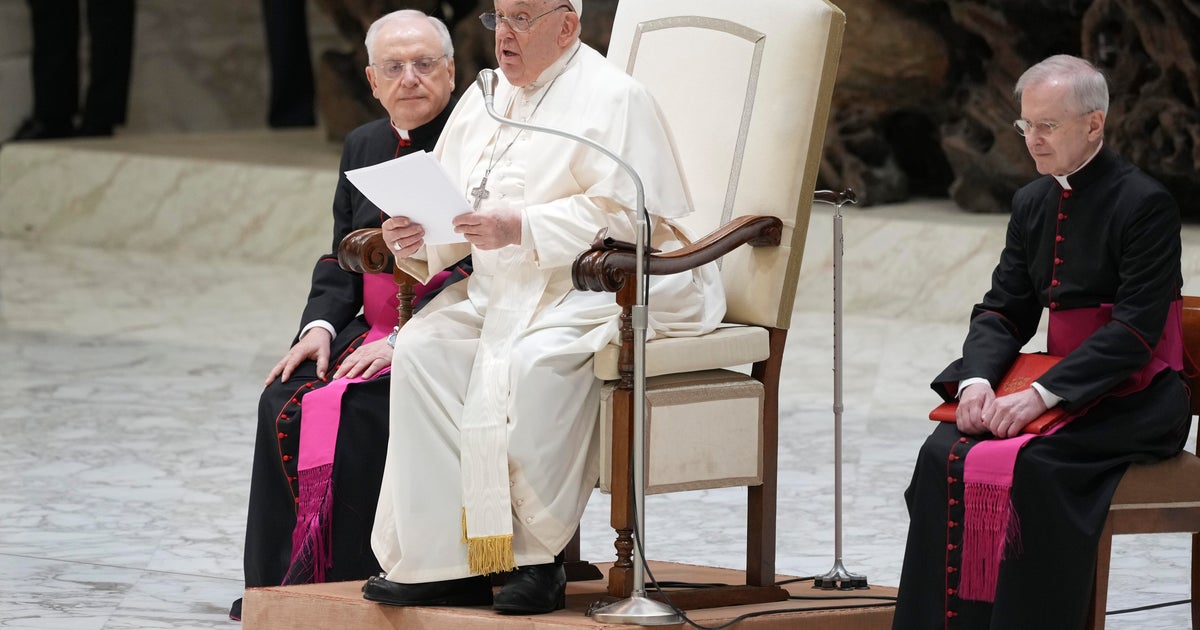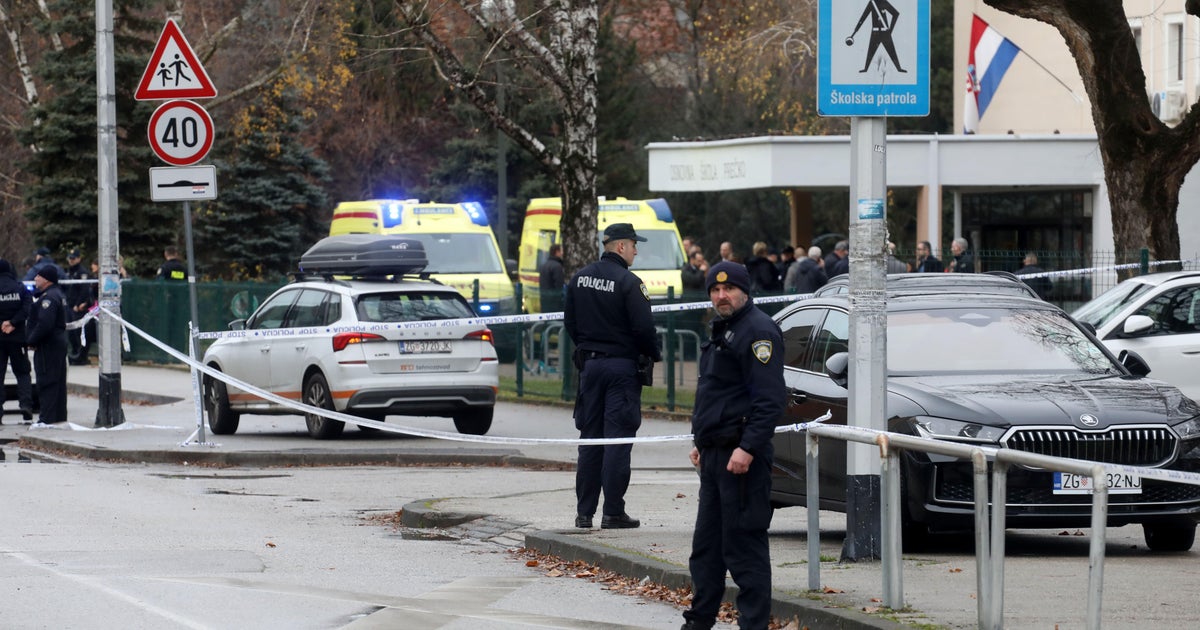A new coronavirus cluster linked to Seoul nightclubs is fueling homophobia
Seoul — A new cluster of coronavirus cases centered in a popular nightlife district of South Korea's capital has grown to 102 confirmed infections, the Korea Centers for Disease Control and Prevention (KCDC) said Tuesday. All of the cases have been traced to Itaewon, a thriving neighborhood packed with bars, restaurants and nightclubs.
Along with the virus, discrimination against South Korea's gay community appears to be spreading again, and raising concerns about efforts to contain the new outbreak.
Dining and entertainment businesses were allowed to reopen in South Korea prior to a national week-long holiday at the end of April. The bars and nightclubs of Itaewon were packed when a man in his early 20s visited several clubs on the evening of May 1. He later tested positive for the coronavirus, though he was showing no symptoms at the time.
Among the businesses he visited were several nightclubs popular with gay men. The outbreak in the district — home to a number of gay bars and clubs — has stoked long-standing fears and animosity in South Korea toward the LGBTQ community.
The government has been working fast to trace and track all of the approximately 6,000 people who visited the affected clubs in Itaewon, using credit card records, security camera video and other means. Officials have encouraged anyone who was there to get tested, but given the still-pervasive stigmatization of the LGBTQ community in South Korea, there are fears some people may be reluctant to come forward, which could risk further spread of the virus.
"I heard some people are reluctant to get tested for fear of being criticized. We will try hard to make sure everyone receives a test without feeling uncomfortable or prejudiced against," Jeong Eun-kyeong, head of the Korean Centers for Disease Control, said in a recent press briefing.
But Jong Geol Lee, general director of Chingusai ("Between Friends"), a Korean human rights group that advocates for gay men, told CBS News that since the cluster in Itaewon emerged, there have been "many malicious reports towards gay men."
He said fear and hate have come out into the open. According to Lee, the situation has driven a 70-fold increase in calls and messages to Chingusai, mostly from gay men seeking guidance and fearing they could lose their jobs if they're tested and forced to self-isolate.
Lee pointed to local media reports using language that fuels bias — articles referring to the "dark side" of gay bathhouses, for instance, and suggesting such businesses could be COVID incubators. He said such reports unfairly blame the gay community for the outbreak and make it even more challenging to encourage people to get tested for the virus.
"Those people just found a good opportunity to express their inner homophobia and anger toward gay people," Hwang, a researcher in his 30s who didn't want to give his full name, told CBS News. He said the current wave of homophobia was playing on "the old stereotype that gays are promiscuous."
Hwang said that as South Korea doesn't have specific laws against discrimination based on sexual orientation, it's hard for members of the LGBTQ community to get legal protection if they believe they've been fired or pressured out of a job for that reason.
There's also fear in Korea's gay community that the COVID outbreak, and the ensuing push for people who visited Itaewon's clubs to get tested, could force people to reveal their sexual orientations against their wishes.
"Korea is a conservative society, and many parents would not know about their children's sexual orientation. But with this incident, you might spread (the virus) to your family and need to come out," Hwang told CBS News.
Kim, a gay resident of Itaewon in his late 20s who also asked not to be identified, urged his fellow Koreans not to assume that, just because some gay clubs appear to be at the center of the outbreak, all members of the community are ignoring advice to keep socially distant.
"It may be difficult for everyone as the coronavirus has spread again," he acknowledged, adding that he and many other gay men chose not to go out and party even when the clubs reopened. Kim said he largely decided to stay home, and was annoyed that others weren't taking precautions.
Authorities in Seoul have ordered all bars and nightclubs closed again in light of the Itaewon outbreak, so, at least for the immediate future, the choice has been taken away.
"I hope we as Koreans can solve this issue quickly again," Kim said.





